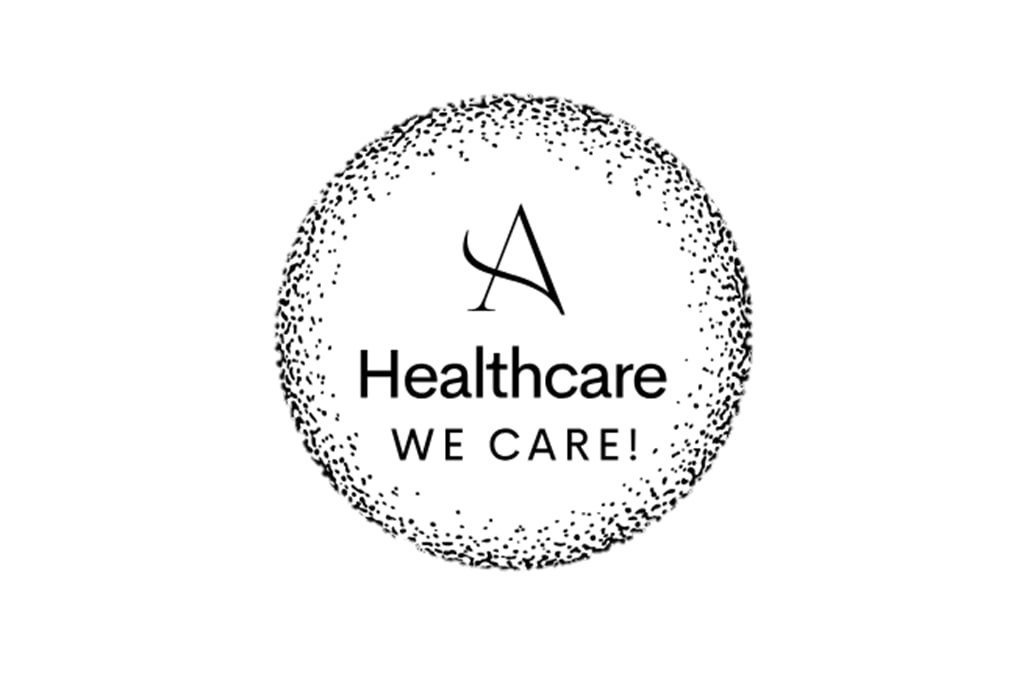Medical Device
AppointmentMedical Device overview
Here's a content piece about healthcare solutions:
The Evolving Landscape of Healthcare Solutions
The healthcare industry is constantly evolving, driven by advancements in technology, changing demographics, and the increasing demand for accessible, affordable, and high-quality care.1 This dynamic environment presents both challenges and opportunities for healthcare providers, payers, and patients.2
Key Trends Shaping Healthcare Solutions:
Technological Advancements:
Artificial Intelligence (AI): AI is revolutionizing healthcare by enabling faster and more accurate diagnoses, personalized treatment plans, and improved patient outcomes.3
Telehealth: Telehealth solutions are expanding access to care, particularly for patients in remote areas, and improving patient engagement.4
Wearable Technology: Wearable devices are empowering individuals to monitor their health proactively and make informed decisions about their well-being.5
Big Data Analytics: Analyzing large datasets can identify patterns, predict health risks, and optimize care delivery.6
Focus on Value-Based Care:
The shift from fee-for-service to value-based care models emphasizes quality over quantity, incentivizing providers to improve patient outcomes while controlling costs.7
Chronic Disease Management:
Chronic diseases like diabetes and heart disease pose significant challenges to healthcare systems.8 Innovative solutions are needed to manage these conditions effectively and improve patient quality of life.9
Mental Health Awareness:
Addressing mental health concerns is crucial. Solutions like teletherapy, mobile apps, and integrated mental health services are gaining traction.10
Patient Empowerment:
Patients are increasingly taking an active role in their healthcare decisions. Solutions that empower patients with information, tools, and resources are essential.
Innovative Healthcare Solutions:
Precision Medicine: Tailoring treatment plans to individual patients based on their genetic makeup, lifestyle, and environment.11
Remote Patient Monitoring: Utilizing technology to monitor patients' health conditions remotely, allowing for early intervention and improved care coordination.12
Blockchain Technology: Enhancing data security, improving interoperability, and streamlining administrative processes.13
3D Printing: Revolutionizing medical device manufacturing, personalized prosthetics, and drug delivery.14
Challenges and Considerations:
Data Privacy and Security: Protecting sensitive patient data is paramount as healthcare increasingly relies on technology.15
Digital Divide: Ensuring equitable access to technology and digital health services for all populations.
Regulatory Compliance: Navigating the complex regulatory landscape surrounding new technologies and healthcare delivery models.
Integration and Interoperability: Seamlessly integrating various technologies and data sources to improve care coordination.16
The Future of Healthcare:
The future of healthcare will likely be characterized by:
Proactive and Predictive Care: Focusing on prevention and early intervention.
Personalized and Patient-Centered Care: Tailoring care to individual needs and preferences.17
Integrated and Collaborative Care: Breaking down silos between different healthcare providers and departments.
Sustainable and Equitable Care: Ensuring access to high-quality care for all members of society.
Conclusion:
The healthcare industry is at a pivotal moment. By embracing innovation, addressing challenges, and focusing on patient-centered care, we can create a more efficient, effective, and equitable healthcare system for all.
Disclaimer: This information is for general knowledge and informational purposes only and does not constitute medical advice.
Note: This is a general overview. You can customize this content further by:
Adding specific examples of successful healthcare solutions.
Focusing on a particular area of healthcare (e.g., mental health, oncology, etc.).
Including data and statistics to support your points.
Tailoring the content to a specific audience (e.g., healthcare professionals, patients, investors).18
I hope this content provides a valuable starting point for your exploration of healthcare solutions.

